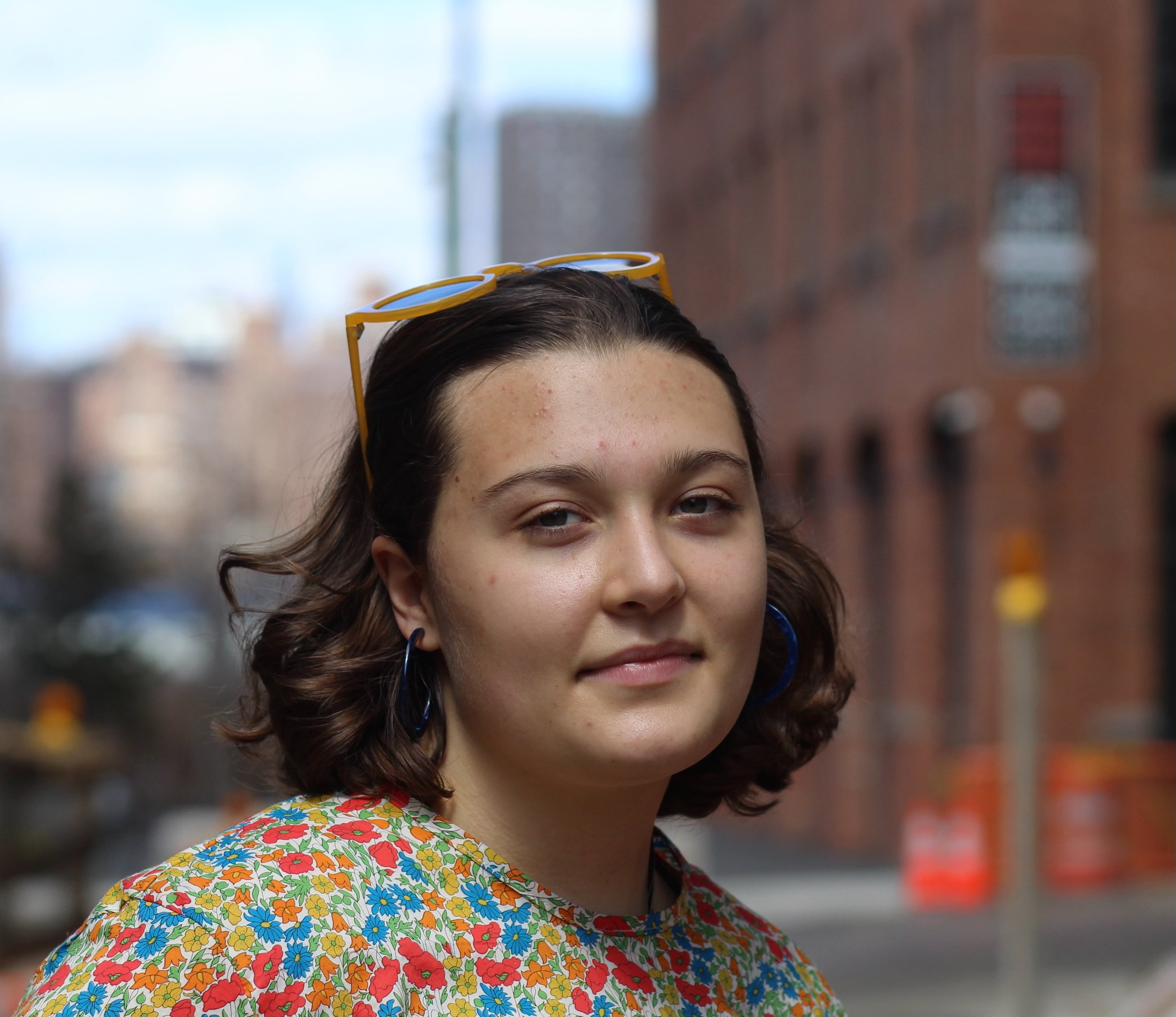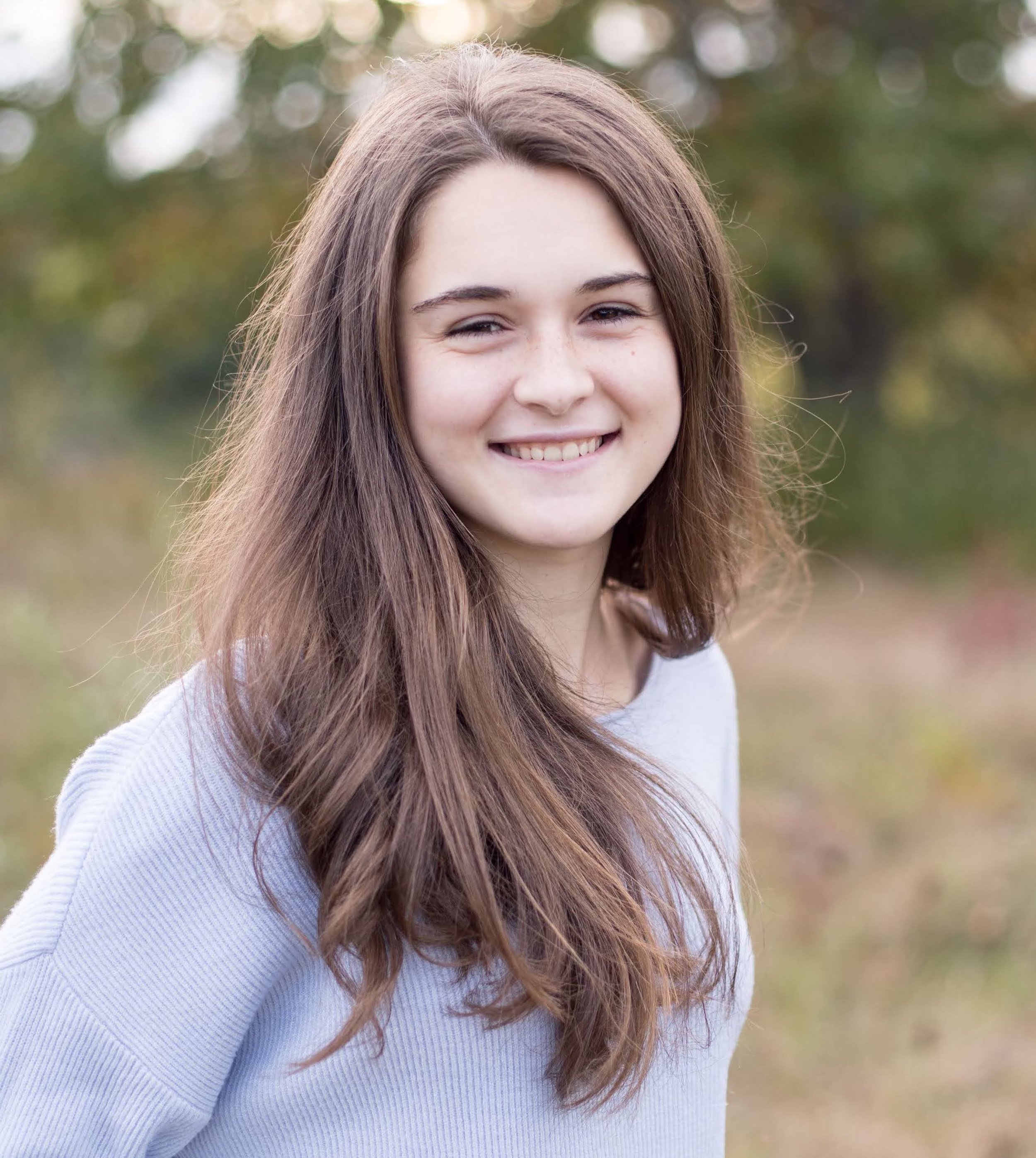Left: Photo courtesy of Illia Kawash-Cooper '25. Kawash-Cooper works for Professor Broaders. Right: Photo courtesy of Erin Desmond '25. Desmond works in Professor Katie Berry's lab.
By Catelyn Fitzgerald ’23
Science & Environment Editor
Erin Desmond ’25 and Illia Kawash-Cooper ’25 have been selected by Mount Holyoke College to participate in the Beckman Scholars Program, a research scholarship and mentorship program available to students at select institutions across the country, according to their website. Beckman Scholars receive a $21,000 award to pursue a 15-month research project, which is divided across the academic year, two summer sessions and associated conferences and events. Participating institutions are selected each year, with 2023 marking the first year that Mount Holyoke was chosen. According to the College’s website, colleges and universities are selected by the program based on their “outstanding science, technology, engineering and mathematics credentials and the excellence of their faculty as both researchers and mentors.” Five professors from the Biology, Chemistry and Computer Science departments were selected as possible mentors for the student awardees.
Desmond is a current sophomore at Mount Holyoke who will continue their ongoing research with Professor Katie Berry through the Beckman Scholars Program. “I was really drawn to the fact that I could work here for two summers,” she said, explaining that it was a unique opportunity to pursue long-term research as an undergraduate student. Desmond became interested in the program due to the time and resources it offered to engage in their research as well as the mentor-mentee relationship which makes up an integral part of the program. The Berry Lab studies non-coding small RNA found in bacteria, Desmond explained. RNA is a nucleic acid found in all living cells which play a critical role in many biological functions, according to the National Human Genome Research Institute. sRNA is a type of RNA which is known for regulating various cell processes and influencing gene expression, ScienceDirect reported.
Desmond and Berry have studied the interaction of sRNA with different “chaperone” proteins, Desmond explained, but this research is hindered when the proteins have additional interaction with the sRNA’s terminator sequence, a segment that marks the endpoint of the sRNA. The interactions between the selected protein and terminator make it difficult to discern the degree of interaction between the sRNA and the chaperone protein. Through the Beckman Scholars Program, Desmond hopes to alter the sRNA of interest in order to eliminate these confusing interactions.
Desmond first met Berry when she was assigned to be their first-year academic advisor. Desmond also took an introductory chemistry course taught by Berry. “I hated chemistry in high school but took it here and loved it,” Desmond said. In the spring of her first year, Desmond applied to join Berry’s lab and has been working there ever since. Desmond commented that Berry had always offered them mentorship and support and that the Beckman Scholars Program offered a natural continuation of this relationship.
Kawash-Cooper is similarly using the Beckman Scholars Program to continue her ongoing research in chemistry. Working in Professor Kyle Broaders’ lab, Kawash-Cooper studies Acetalated Dextran, or AC-dex. AC-dex is modified dextran, or sugar polymer, which is used to deliver medications to different parts of the body. While dextran is water-soluble, AC-dex is modified to become hydrophobic, or insoluble, until it enters acidic areas of the body, where it dissolves and releases the encapsulated drug. This can be an important function when producing drugs that are intended to target inflamed areas rather than spread throughout the entire body. Kawash-Cooper has been experimenting with using different catalysts to facilitate new, “more versatile” AC-dex molecules, but outcomes of these reactions are currently unpredictable, she explained. With Broaders as her mentor, Kawash-Cooper aims to generate “more predictable results,” during the 15-month program, she said.
Kawash-Cooper first met Broaders when she enrolled in his Organic Chemistry I and II courses, but it was not until she interviewed Broaders for an Introduction to Research course that she learned more about his research and decided to join his lab the following semester. “He has a very unique style of bringing people into his lab,” she said, explaining that each new student works one-on-one with him for their first semester as part of the lab. “The styles he chooses to mentor in was very compatible with the way that I want to interact with my professors,” she said.
The application process was “chaotic” due to the quick turnaround from the announcement of the program to the final deadline, Kawash-Cooper said. Rather than the most traditional resume and transcript, the application consisted solely of four essay questions. “It took a lot of self-discovery,” she said of the writing process. Professors, friends and family proved to be an important support system.
Both Desmond and Kawash-Cooper recommended the program to students interested in pursuing research or continuing existing lab work. “I think it’s a really great program,” Desmond commented, emphasizing the opportunities it provides to connect with other scientists.
“I think that there is unfortunately an inaccessibility to research at Mount Holyoke,” Kawash-Cooper said, adding that while the program does not necessarily alleviate this concern, it provides alternative ways for students to engage in research.
Following their selection, both students must submit their research proposals to the Beckman Foundation for final approval, after which they will be considered official awardees.


